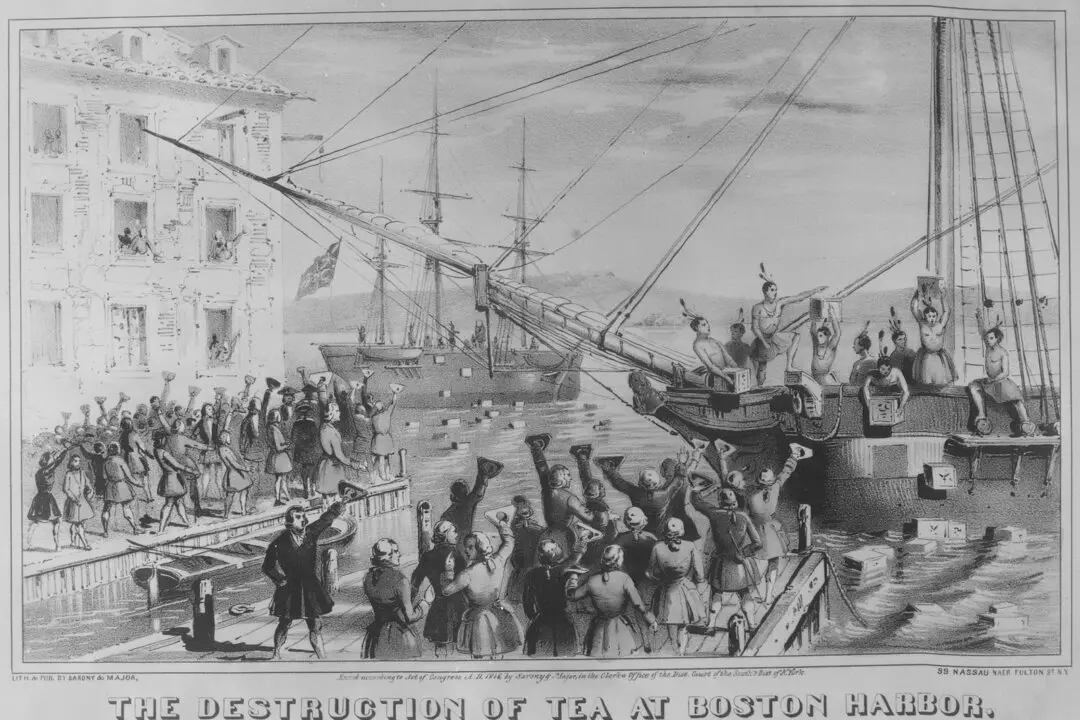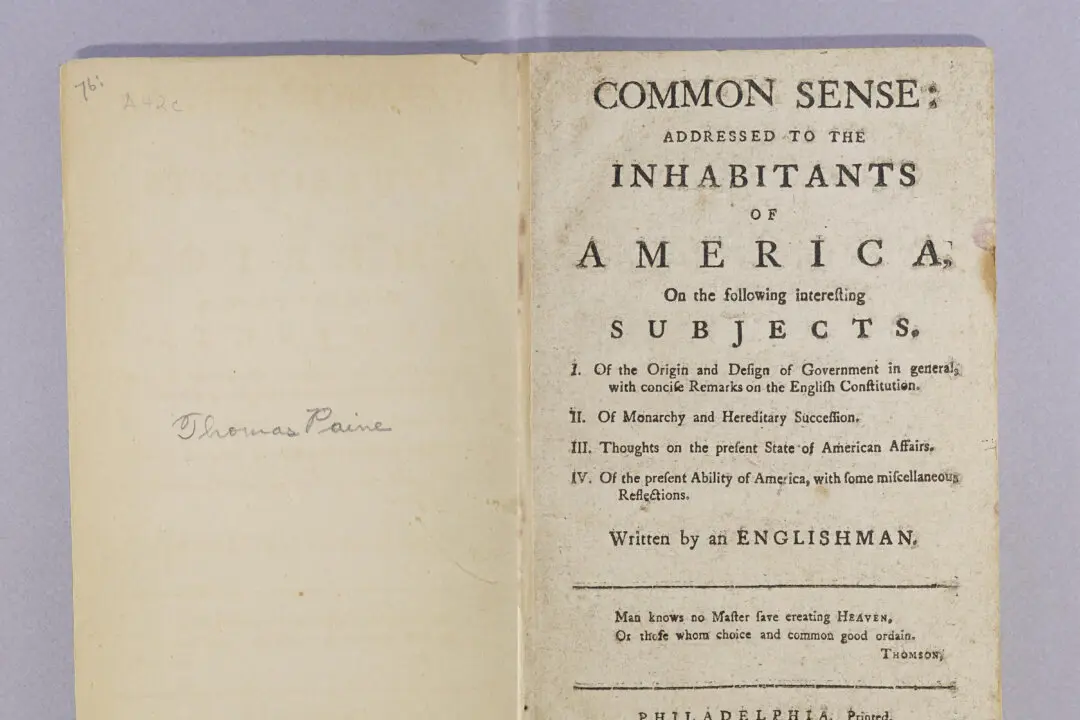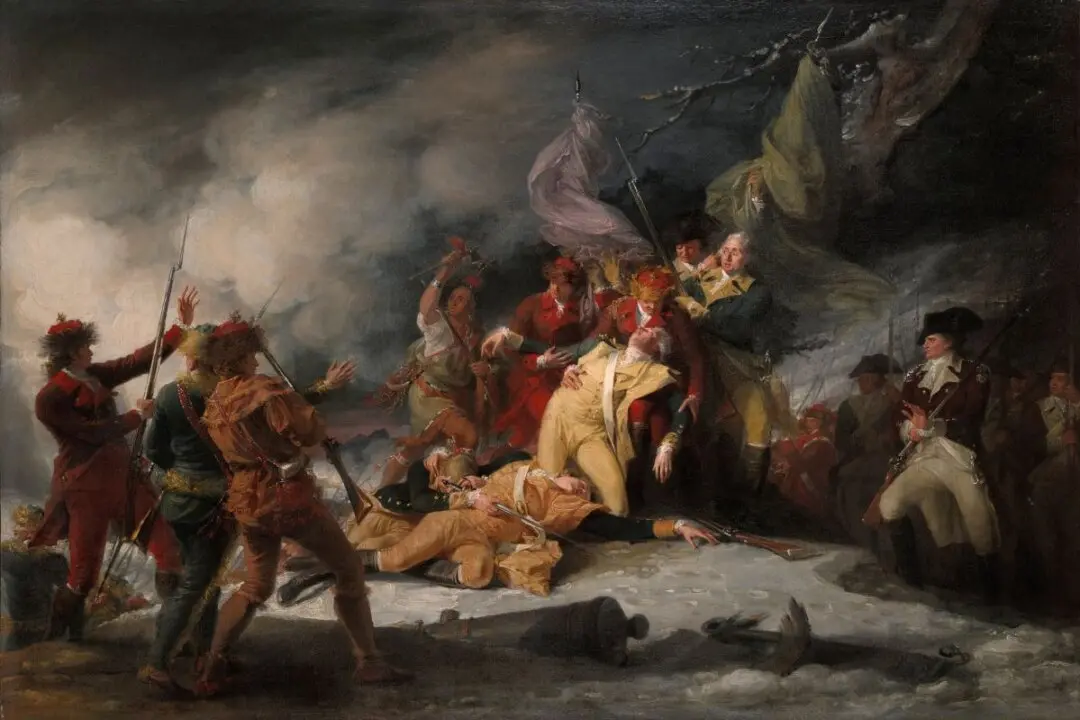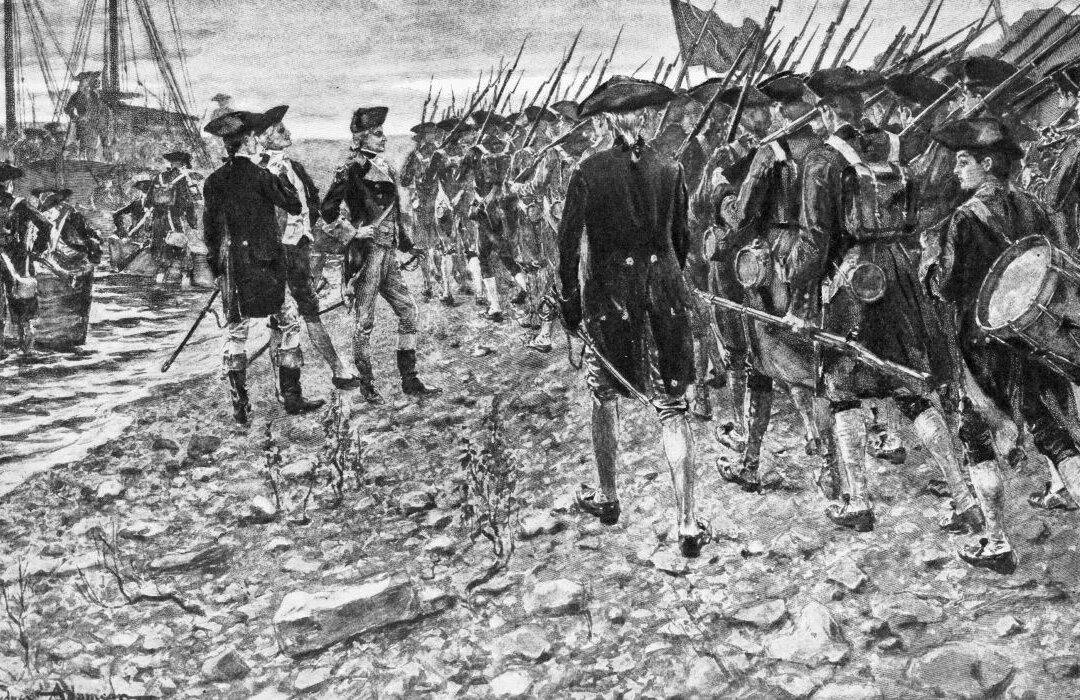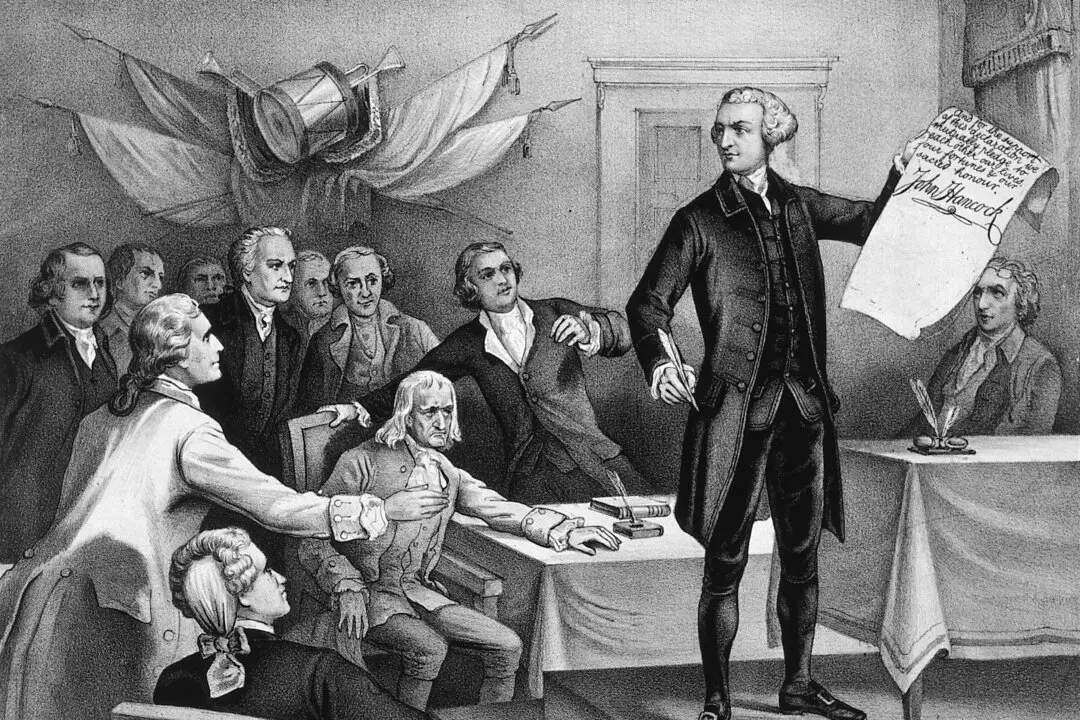In April 1774, disturbing rumors began to spread in the American colonies about Britain’s response to the Boston Tea Party, then referred to as the Destruction of the Tea. Letters from diplomats Arthur Lee, Benjamin Franklin, and others in London warned of harsh retaliatory measures being discussed in Parliament.
On May 10, those rumors were realized when the people of Boston received the full text of the Boston Port Act (also called the Port Bill). This was the first in a series of four measures known as the Coercive Acts, which were aimed at collectively punishing Massachusetts Bay for the destroyed tea, its role in the seditious act, and its failure to identify the perpetrators.

